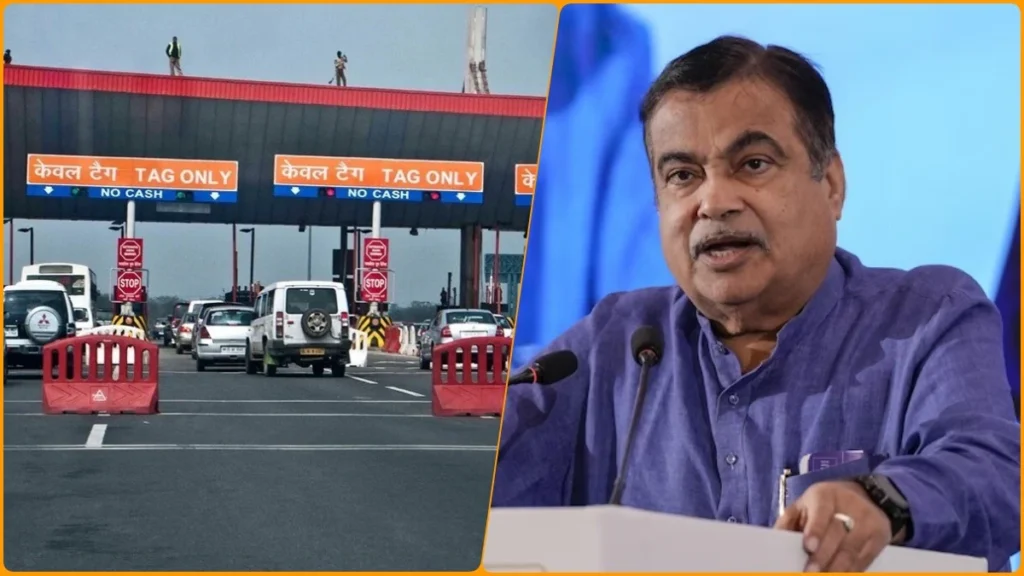The current FASTag infrastructure will be used by the new system, but ultimately it will replace toll booths with sensor-based collection systems that depend on GPS and vehicle tracking.
Road Transport and Highways Minister Nitin Gadkari stated in an X post on Wednesday that the government is launching an annual pass based on FASTag for Rs 3,000.
The pass, which is only available for non-commercial private vehicles, will be valid from the date of activation or for up to 200 journeys, whichever comes first, and will be issued from August 15, according to him.
“The annual pass will allow for uninterrupted and affordable travel throughout the nation’s National Highways. On the Rajmarg Yatra App as well as on the official websites of NHAI (National Highways Association of India) and MoRTH (Ministry of Road Transport and Highways), a separate link for activation and renewal will soon be made available.

The new system will still use FASTag for now, but in the future, it will replace toll booths with smart sensors that use GPS and vehicle tracking to collect tolls. The annual pass aims to make travel faster and smoother for private car owners by reducing waiting time, traffic jams, and arguments at toll plazas.
The government was said to be developing a new toll strategy last month that would make highway travel easier and less expensive for commuters.
There were rumors at the time about two different kinds of new passes:
Annual: A one-time FASTag recharge of Rs 3,000 would allow private cars to use national highways and state expressways for a year without paying additional tolls.
Also Read :
https://thefirstcritic.com/pm-modi-highlights-global-south-and-energy-needs-at-g7-summit/
Distance-based: The current toll plaza cost scheme might be replaced by a uniform fee of Rs 50 per 100 km for individuals who choose not to choose the annual plan, according to sources.
It is uncertain whether Mr. Gadkari’s minister will implement the latter option, even if the former has been made public. The government had previously abandoned a plan for a ‘lifetime FASTag’ that would have cost an astounding Rs 30,000 but would have only been good for 15 years.
The new system will initially utilize the current FASTag infrastructure but will eventually replace toll booths with sensor-based collection systems that rely on automated vehicle monitoring and GPS for barrier-free travel.













More Stories
Former BCCI president Inderjit Singh Bindra, architect of modern cricket marketing, dies at 84
Lionel Messi’s GOAT Tour of India 2025: The Places, Timing, and Expectations for Fans
Dubai-Based Travel Influencer Anunay Sood Passes Away At 32: A Legacy Etched In Frames And Journeys